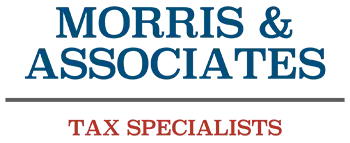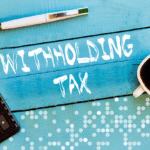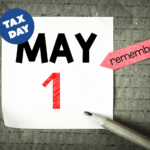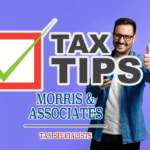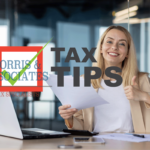IRS Issues Warning on False “Self Employment Tax Credit” Claims Circulating on Social Media
The IRS has issued a warning about misleading information spreading on social media regarding a non-existent “Self Employment Tax Credit,” which is causing taxpayers to file incorrect claims.
Some social media posts are promoting the “Self Employment Tax Credit” as a way for self-employed individuals and gig workers to receive large payments for the COVID-19 pandemic period. This misinformation is similar to previous misleading marketing around the Employee Retention Credit, falsely suggesting that many people qualify for up to $32,000 in payments when they do not.
In truth, the credit being misrepresented is actually called Credits for Sick Leave and Family Leave. It’s a much more specific and limited credit, and many people do not qualify for it. The IRS is carefully reviewing claims under this provision, so filing false claims could have serious consequences.
“This is another instance of misleading social media claims fooling well-meaning taxpayers into thinking they’re due a large payout,” said IRS Commissioner Danny Werfel. “People should not be misled by these outlandish claims. Before paying someone to file these claims, taxpayers should consult a trusted tax professional to see if they truly qualify under the very limited eligibility criteria.”
Self-employed individuals can only claim Credits for Sick and Family Leave for certain COVID-19 related situations in 2020 and 2021. This credit is not available for the 2023 tax returns. The IRS has seen numerous instances where taxpayers incorrectly use Form 7202, designed for self-employed individuals, to claim credits based on employee income instead.
To qualify for the Sick and Family Leave Credits, self-employed workers must meet specific requirements from 2020 and 2021, such as being unable to work due to quarantine or caring for someone under quarantine. The IRS has detailed FAQs outlining these technical requirements.
The IRS notes that the “Self Employment Tax Credit” misinformation is similar to the aggressive promotion of the Employee Retention Credit, both of which are technical credits often mischaracterized as easy ways for taxpayers to get large government payments. In reality, these credits have strict requirements that many do not meet.
The IRS strongly advises people to consult a trusted tax professional before filing any claims related to the “Self Employment Tax Credit” or other questionable credits seen on social media.
The IRS has previously warned about the misuse of Sick and Family Leave Credits, which has led to inflated refund claims. Additionally, the IRS cautions against scams related to the Fuel Tax Credit and household employment taxes, where ineligible claims have caused delays and required taxpayers to provide supporting documentation.
The IRS continues to emphasize avoiding these scams as myths about easy refunds persist. Many of these issues were highlighted in the annual Dirty Dozen series, which includes the Fuel Tax Credit scam and misleading social media advice.
“Improper claims have been fueled by social media and bad advice,” Werfel said. “Scam artists prey on people’s hopes, using the complexity of the tax system to convince them of secret ways to get big refunds. It’s crucial to carefully review tax returns for accuracy and rely on trusted tax professionals rather than dubious sources on social media.”
